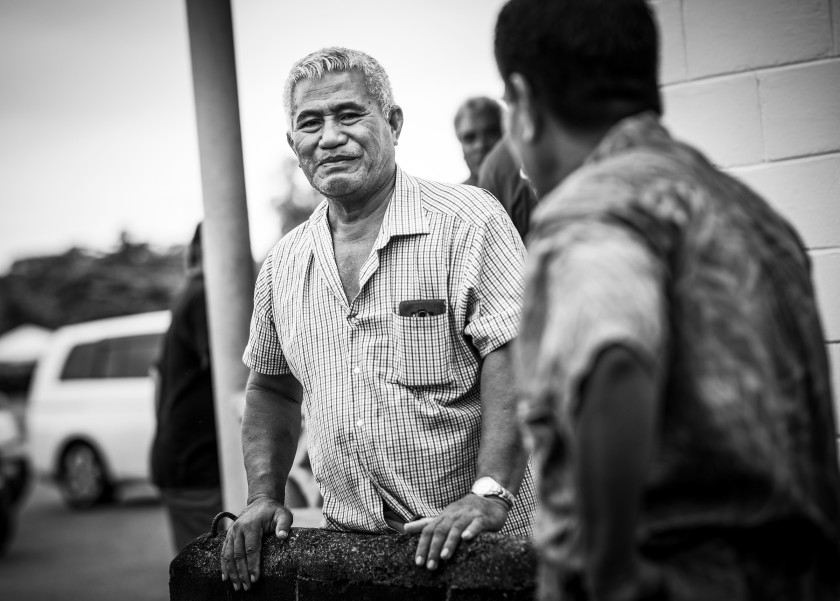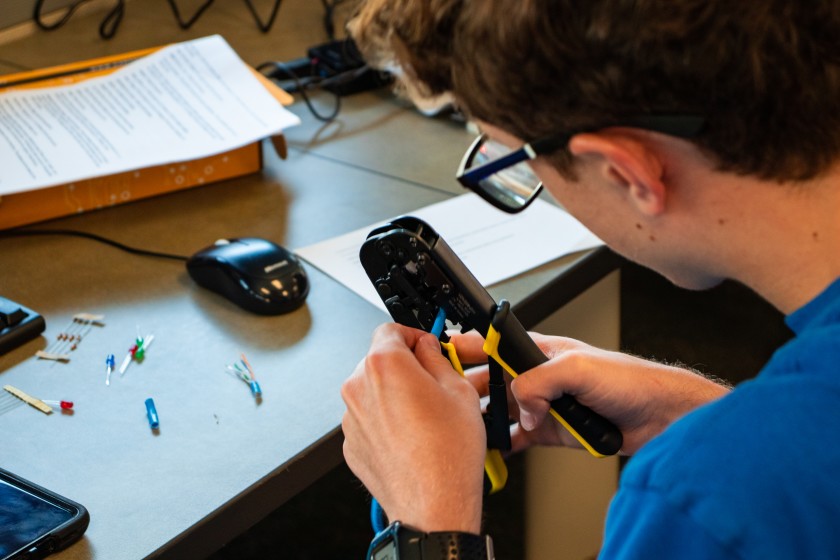College of Life Sciences

BYU is joining the National Institution of Aging in a $14.3 million project that studies Alzheimer’s in American Indian, Alaska Native, Native Hawaiian and Pacific Islander groups. Eleven tribes, six academic and research institutions, seven urban Indian organizations and five Native Hawaiian and Pacific Islander community organizations will come together to work on the project called Natives Engaged in Alzheimer’s Research, NEAR. Though these populations span across the globe, they have similar rates in health issues like diabetes and low socioeconomic status, making them more susceptible to dementia. This project will study DNA from these populations to answer questions about Alzheimer’s rates.
“NEAR is a true partnership between Indigenous communities, scientists of Indigenous heritage, and leaders and organizations that genuinely desire to work with Indigenous populations to create outcomes that these groups desire,” said project co-leader John “Keoni” Kauwe, a BYU professor of biology and president of Brigham Young University–Hawaii. “As part of the leadership team, I am grateful to have the opportunity to honor my Native Hawaiian ancestry through this vital effort.”
Ira A. Fulton College of Engineering

Two BYU professors taught kids cybersecurity skills in two week-long camps. Associate professors Geoffrey Wright and Justin Giboney taught the campers skills such as python programming, networking, cryptography and even creating Ethernet cables, breadboards and Raspberry Pi devices. The goal of the camps was to teach technological literacy to the youth and help the next generation defend themselves from hackers. One way of teaching was through games and activities. One such game called Capture the Flag quizzed kids on lessons they learned throughout the week, with the winners receiving a flag for getting the correct answer. Students also received awards based off individual and group accomplishments at the end of the week.
“It’s not just about learning, it’s about realizing how interconnected and interdependent technologies are and, to do that in a meaningful way, we’ve created lessons and activities that are fun and educational,” Wright said.
College of Fine Arts and Communications

Students in BYU Singers, Men’s Chorus, Concert Choir and Women’s Chorus combined their pandemic performances into a new album. Early on in the pandemic, BYU choirs had to reinvent the way they performed. Thankfully, the students could still perform virtually and even gathered more of an audience without a geographical barrier. Their songs sang of hope and many were pulled from the time of the Spanish Flu and Bubonic Plague.
In their album “Press Forward: Singing through a Pandemic” 16 tracks featuring performances from all of the choirs embody their spirit of resiliency and hope. “We all wanted to be there. We all wanted to cheer up a worried world. It was truly a life changing experience for me,” Bekah Johnson, a member of the Concert Choir said. “We worked hard not because we had to, but because we chose to.”




